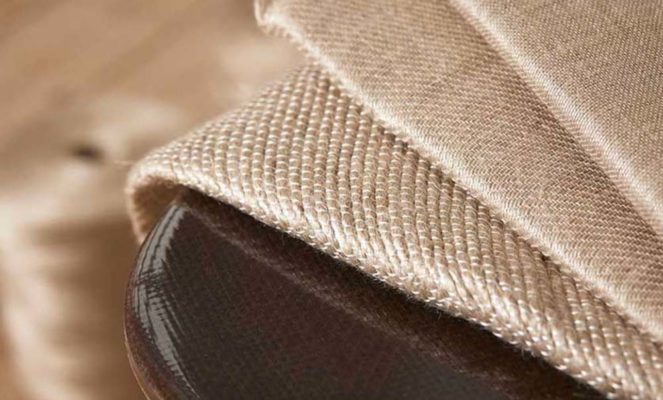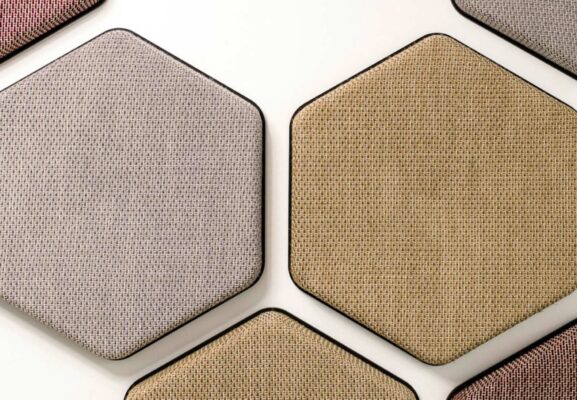Flax is an incredible material used in different applications. Obviously, everybody knows its classical application as linen fabric for clothing and home furnishings. However, flax has also a lot to offer to other industries: transport, construction, sports and entertainment. All this is possible due to its use in composite materials.
Today, flax composites is at the heart of innovation; it is the main natural raw material used in composites.
Why can flax be adapted so easily to all these applications?
At Safilin, we have known for more than 200 years that flax is a material offering endless possibilities. It proves it every day, surprising us with the innovations it offers.
Flax used in composites offers a number of advantages:
- Composites containing flax have low density, lower than fibreglass and other composite fibers.
- Flax composites have high absorption capacity. They absorb sound vibrations but also act as a damper, absorbing shocks.
- These absorption properties make it a very good thermal insulator.
- Flax fibers are also an environmentally-friendly material. The raw material is 100% renewable and fibers are recyclable, biodegradable and compostable. With flax nothing is lost, everything can be transformed!
Flax composites
At the Safilin R&D laboratory, we carry out constant research on the flax fiber. We lead numerous projects devoted to constant improvement of our products, including in partnership with other sectors such as the motor, wind and railway industries.
A composite material based on flax will be light and resistant. Eventually, it could even replace fibreglass or carbon fiber. Due to their various properties, flax composites can be used in different sports, such as tennis, surfing or biking.
The application of flax composite in production of sports equipment allows the use of a technology with low environmental impact.
In water sports, the use of flax fibers gives better torsion and flexion properties to the equipment, offering even more intensive sensations while ensuring lightness, resistance and performance.
Flax fiber in construction
As surprising as it may seem, flax is also very popular in construction. It is used in plumbing to seal pipe connections.
Flax composite is an efficient and natural thermal and sound insulator. One of the products based on these properties is Varian, developed by Culture In. It is woven with a combination of flax threads, vegetable resin, and corn starch. Varian offers numerous possibilities in terms of cutting and assembly. This innovative textile is used in interior decorations and is translucent but at the same time can acoustically insulate an open space, for example. You will find more information on the manufacturer’s website.
Flax: a composite that is recycled and recyclable
This versatile plant has a lot of surprises in store, as it is recyclable. At the end of its life, flax composites can be recycled, composted or incinerated. They are therefore offered a second life.
They can be subject to different recycling methods:
-
Bio-composite recycling
It consists of grinding composites before they are sieved. This allows the fibers to recuperate in order to offer them a second life.
-
Recycling by remoulding
The composite is melted to be remoulded to another shape. To ensure the quality of the composite after recycling, it should not be melted at temperatures in excess of 200° C. If this condition is respected, the recycled product will have the quality almost identical to the original product.
All these flax composite applications make us think that flax can still surprise us in the future!


